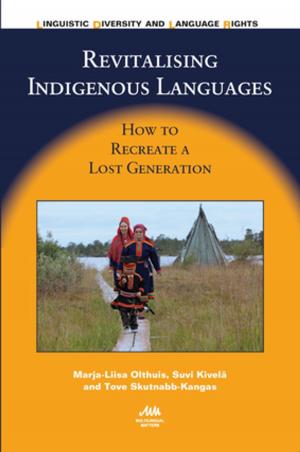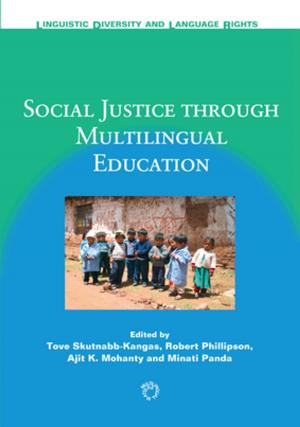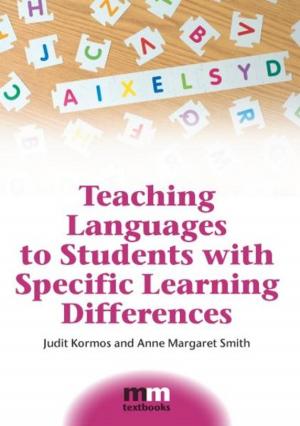The Education of Indigenous Citizens in Latin America
Nonfiction, Reference & Language, Language Arts, Linguistics, Social & Cultural Studies, Social Science, Anthropology| Author: | ISBN: | 9781783090976 | |
| Publisher: | Channel View Publications | Publication: | January 6, 2014 |
| Imprint: | Multilingual Matters | Language: | English |
| Author: | |
| ISBN: | 9781783090976 |
| Publisher: | Channel View Publications |
| Publication: | January 6, 2014 |
| Imprint: | Multilingual Matters |
| Language: | English |
This groundbreaking volume describes unprecedented changes in education across Latin America, resulting from the endorsement of Indigenous peoples' rights through the development of intercultural bilingual education. The chapters evaluate the ways in which cultural and language differences are being used to create national policies that affirm the presence of Indigenous peoples and their cultures within Mexico, Ecuador, Peru, Bolivia and Guatemala. Describing the collaboration between grassroots movements and transnational networks, the authors analyze how social change is taking place at the local and regional levels, and they present case studies that illuminate the expansion of intercultural bilingual education. This book is both a call to action for researchers, teachers, policy-makers and Indigenous leaders, and a primer for practitioners seeking to provide better learning opportunities for a diverse student body.
This groundbreaking volume describes unprecedented changes in education across Latin America, resulting from the endorsement of Indigenous peoples' rights through the development of intercultural bilingual education. The chapters evaluate the ways in which cultural and language differences are being used to create national policies that affirm the presence of Indigenous peoples and their cultures within Mexico, Ecuador, Peru, Bolivia and Guatemala. Describing the collaboration between grassroots movements and transnational networks, the authors analyze how social change is taking place at the local and regional levels, and they present case studies that illuminate the expansion of intercultural bilingual education. This book is both a call to action for researchers, teachers, policy-makers and Indigenous leaders, and a primer for practitioners seeking to provide better learning opportunities for a diverse student body.















